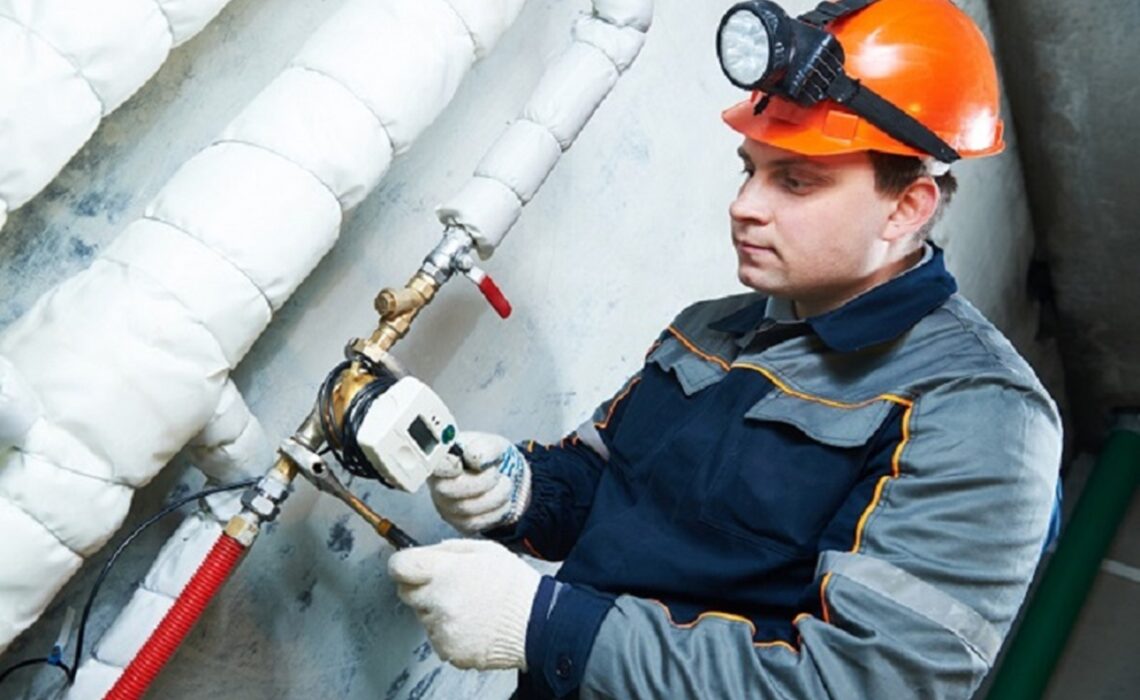
In today’s fast-paced world, scarcely do we stop to think about the intricate systems that run our day-to-day lives. How often do we acknowledge the network of pipes that provide warm showers at our whim, flush our waste with a flick of a lever or supply clean water to our kitchens and gardens? Not often enough. When these systems fail, it wreaks havoc on our lives, and suddenly, we find ourselves needing a plumbing expert. But have we ever considered the crucial role they play in modern society? This article will shed light on the vital service that plumbers provide and their significance in our community.
Aside from solving our water-related crises, hiring emergency plumbing service providers ensure the smooth run of the very foundation of any urban society – water supply and sanitation. They are our guides to responsible water usage, leading us to a sustainable future. By taking the time to understand their importance, we not only value their service more but also realize our inadvertent role in maintaining our living environment.
In the following sections, we will delve into the history of plumbing, from its ancient origins to its ever-evolving developments. We’ll equally weigh the pros and cons of this profession and craft a clearer image of the career path of a plumber, ensuring a better understanding and possibly igniting the spark necessary for pursuing such a vital profession.
The History and Evolution of Plumbing
The concept of plumbing was born from necessity. It traces back to the ancient civilization of the Indus River Valley circa 3300 B.C. with the invention of rudimentary drainage and waste disposal systems. Plumbing has since then taken on various forms, each reflecting the technology, health consciousness, and environment-mindedness of its era.
The guise of modern plumbing began taking shape in the late 19th and early 20th century. The design of the s-trap drain in 1880 and the introduction of residential water heaters in the early 1900s were remarkable milestones. Plumbing advancements continued into the late 20th and early 21st century, marked by the emphasis on energy and water conservation.
This evolution advances today with the incorporation of modern technology like high-efficiency toilets, sensor-operated faucets, and water recycling systems, all hallmarks of our growing concern with sustainability.
Plumbers: The Technical Experts
Plumbers are experienced professionals who work with complex water, drainage, and heating systems. These systems, although commonly unnoticed by us, contribute to the maintenance of our health, comfort, and civilization’s overall functioning.
Each plumber undergoes rigorous training and apprenticeships to understand the science behind these systems. Aside from the technical aspects, they also need to familiarize themselves with building regulations and rules.
Their skill set does not revolve around fixing leaks; but extends to installing, maintaining, and repairing various systems, interpreting blueprints, and advising on safety standards and legal regulations.
Pros and Cons of Plumbing
Like all trades, plumbing comes with its share of challenges and rewards. One of the significant benefits is job security. The demand for plumbers is consistent, and often, the profession rewards their expertise financially. Furthermore, every completed job offers a sense of accomplishment – knowing that they helped maintain an essential aspect of human life and comfort.
Despite these benefits, plumbing comes with some considerations. It can be physically demanding with the need to work in cramped spaces or under challenging weather conditions. It also requires dealing with various materials and chemicals which might pose health risks. But by taking precautionary measures and following occupational safety protocols, they can mitigate these risks significantly.
The Future of Plumbing and Its Societal Impact
Blocked drain plumber melbourne carry responsibility not only to their clients but also to the environment. With increasing urbanization and burgeoning populations, the demand for water is ever-increasing. Through efficient plumbing systems and sustainable practices, plumbers can help manage this precious resource economically.
Future plumbing will undoubtedly continue to evolve with innovation while aligning more closely with sustainability goals. Emphasis will be on systems that conserve water, reduce energy consumption and limit waste. Hence, successful plumbers will aim to strike a balance between customer satisfaction, operational performance, and environmental sustainability.
The Role of the Community within Plumbing
In enhancing plumbing’s proficiency and effectiveness, the community plays an indispensable role. By ensuring regular maintenance of plumbing systems, adhering to best practices, and advocating for sustainable water usage, we can collectively aid in preserving our water resources and promoting our well-being. It will also minimize the need for emergency services and make the plumber’s job more manageable.
Conclusion
In the grand scheme of societal roles, plumbers are regrettably often unappreciated. They labor away at the arteries and veins of our urban landscapes, skillfully maneuvering their way through complex systems, keeping our lives functioning smoothly. Unforeseen damages and leakages can be a stressful spectacle, but their expertise turns overwhelming chaos into a manageable task.
They are the indispensable stewards of our water resources, subtly guiding us towards sustainable practices. As environmental consciousness and sustainability become imperatives more than just buzz words, the role of the plumber only increases in significance, both to us as individuals and the community.
Therefore, we must pause to pay homage to these unsung heroes of our daily lives. Their technical proficiency, tireless dedication, and role in fostering sustainability warrant our utmost appreciation. Further, we must do our part in understanding their trade and its importance, not just to assist them in their duties but also for a more sustainable existence of our cities and towns.
